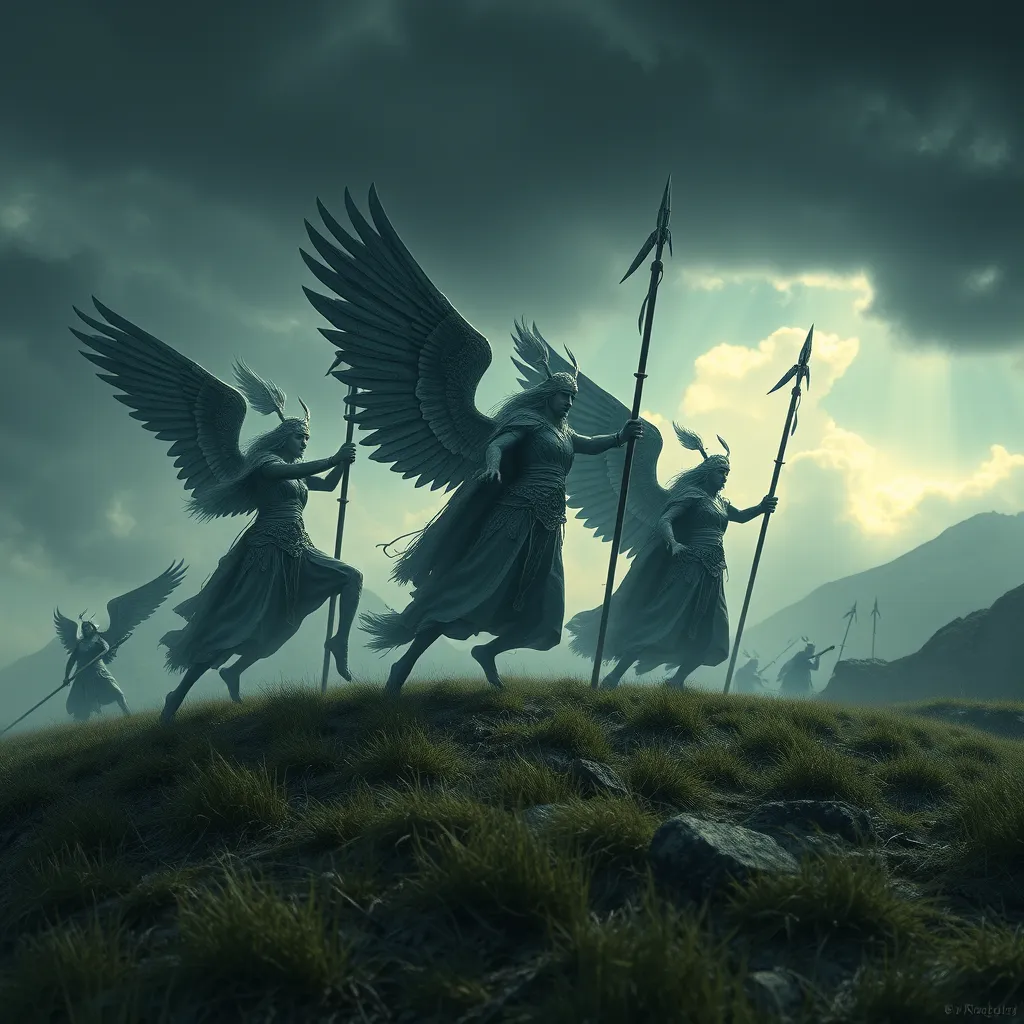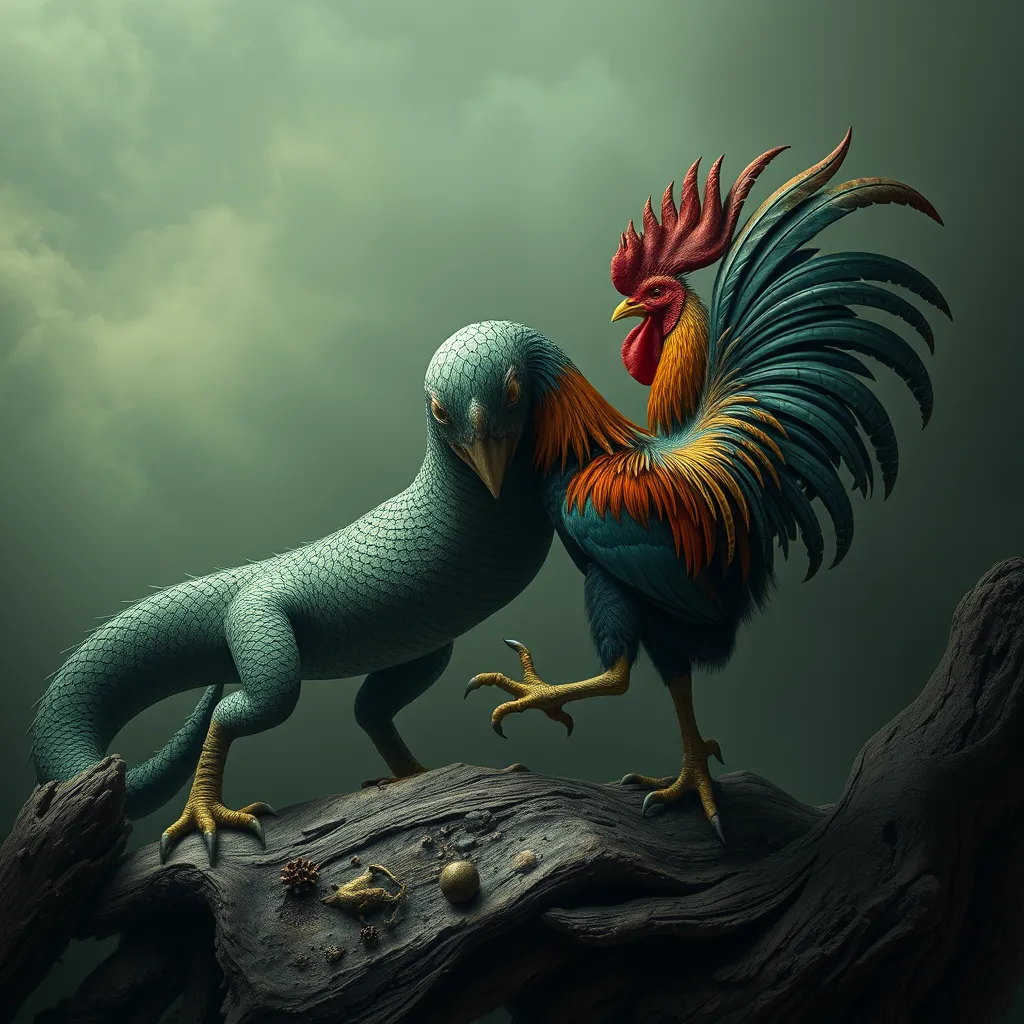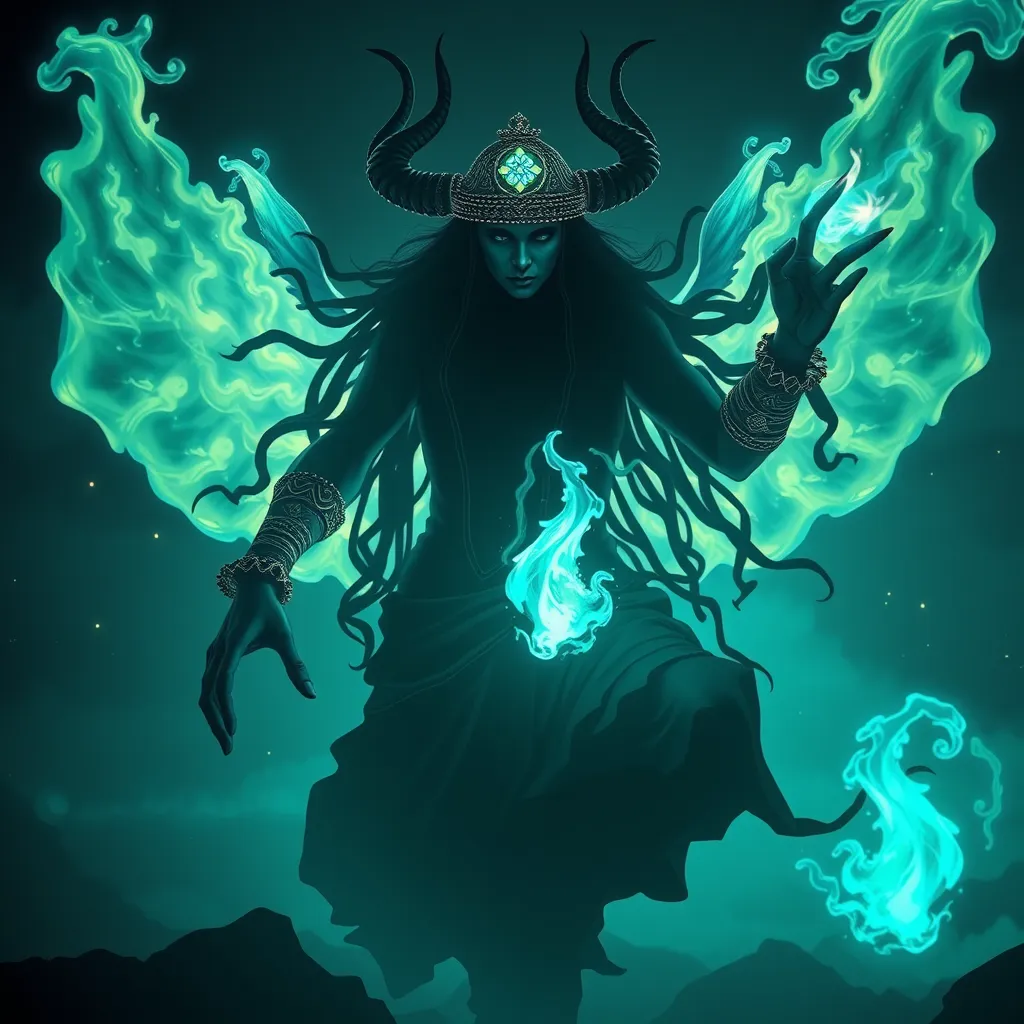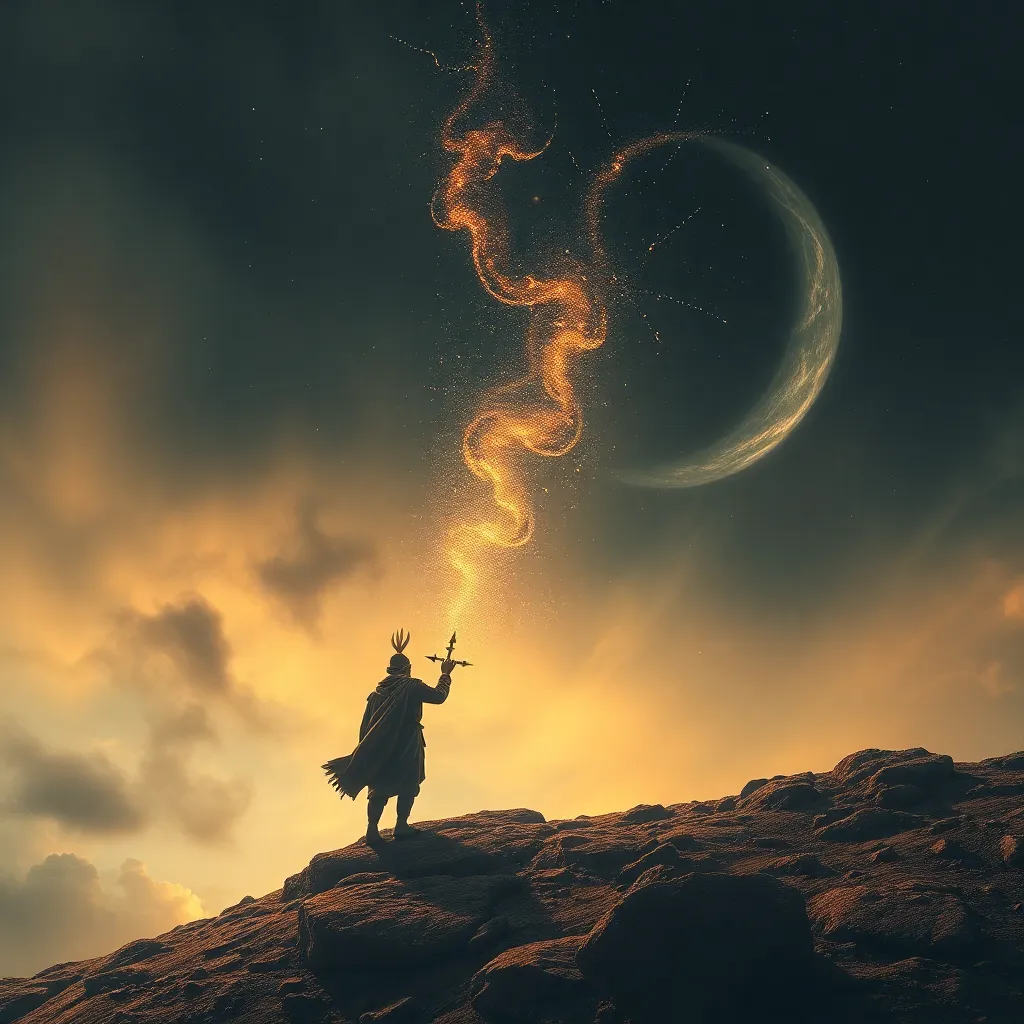Beyond the Battlefield: The Role of Valkyries in Norse Cosmology
I. Introduction
The Valkyries are some of the most fascinating figures in Norse mythology, often depicted as warrior maidens who serve Odin, the chief of the gods. Traditionally, they are known for their role in selecting those who would die in battle and those who would be honored in Valhalla. However, their significance extends far beyond the battlefield, intertwining with themes of fate, honor, and the afterlife.
This article aims to explore the multifaceted roles of Valkyries in Norse cosmology, shedding light on their origins, their symbolic meanings, and their lasting impact on modern culture and mythology.
II. The Origins of Valkyries in Norse Mythology
A. Etymology and meaning of the term Valkyrie
The term “Valkyrie” comes from the Old Norse word valkyrja, which means “to choose the slain.” This etymology highlights their primary function in mythology as choosers of the fallen warriors. The prefix val refers to death, emphasizing their association with mortality and the battlefield.
B. Historical references and earliest mentions in texts
Valkyries are mentioned in various Old Norse texts, including the Eddas, particularly the Poetic Edda and the Prose Edda. These texts, compiled in the 13th century, contain references to Valkyries alongside descriptions of their actions and characteristics.
One notable mention is in the poem “Hárbarðsljóð,” where the Valkyries are depicted as both beautiful and fierce, emphasizing their dual nature as both protectors and warriors.
C. Connection to Norse deities and the pantheon
Valkyries are closely connected to several major deities in Norse mythology, primarily Odin, who commands them in their duties. They also have ties to Freyja, the goddess of love and war, who is said to receive half of the slain warriors in her hall, Sessrúmnir. This connection highlights the intricate relationships within the Norse pantheon.
III. Valkyries as Choosers of the Slain
A. Role in selecting warriors for Valhalla
The primary role of Valkyries is to choose those who will die in battle and guide them to Valhalla, Odin’s great hall. This selection process underscores the importance of honor in battle and the belief that only the bravest warriors deserve a place among the honored dead.
B. Symbolism of death and honor in battle
Valkyries symbolize the intersection of death and honor. In Norse culture, dying with valor in battle was a source of great pride, and the Valkyries embody this ideal. They serve as reminders that death in battle can lead to glory and an eternal place in the afterlife.
C. The significance of Valhalla in Norse beliefs
Valhalla is not simply a resting place; it is a hall where warriors prepare for Ragnarök, the end of the world in Norse mythology. It represents the ultimate reward for warriors, reinforcing the cultural importance of bravery and sacrifice.
IV. Valkyries in the Afterlife: Guardians of the Fallen
A. Duties in the afterlife and their interactions with souls
In the afterlife, Valkyries continue their roles by guiding souls to Valhalla and ensuring that they are honored appropriately. They are often depicted as protectors of these warriors, tending to them and preparing them for the battles to come.
B. Depictions of Valkyries in art and literature
Throughout history, Valkyries have been depicted in various forms of art, from Viking Age artifacts to modern literature. They are often portrayed as beautiful yet fearsome figures, embodying both grace and strength.
C. The duality of life and death represented by Valkyries
The duality of Valkyries as both life-givers and death-bringers is a central theme in Norse cosmology. They remind us that death is not an end but a transition to another realm, where honor and valor continue to exist.
V. Valkyries as Symbols of Fate and Destiny
A. The connection between Valkyries and the Norns
In Norse mythology, the Norns are the weavers of fate, controlling the destinies of gods and humans alike. Valkyries share this connection, as they not only choose the slain but also influence the fate of warriors through their selections.
B. Interpretations of fate in Norse cosmology
Fate in Norse cosmology is often viewed as a predetermined course, influenced by the actions of individuals. Valkyries play a crucial role in this process, acting as intermediaries between the mortal realm and the divine.
C. The role of Valkyries in shaping the destinies of warriors
By selecting who will die in battle, Valkyries shape the fates of these warriors, determining not only their afterlives but also their legacies. This power highlights their importance in the broader context of Norse beliefs about life and death.
VI. Valkyries in Popular Culture and Modern Interpretations
A. Representation in contemporary media (films, books, games)
In modern culture, Valkyries have been portrayed in various forms of media, including films like Thor and video games such as God of War. These representations often emphasize their warrior aspects and connection to Norse mythology.
B. Evolution of the Valkyrie archetype in modern narratives
The Valkyrie archetype has evolved, with contemporary interpretations often focusing on themes of empowerment and independence. This shift reflects broader societal changes and a growing appreciation for strong female figures in mythology.
C. Impact on feminist interpretations and empowerment themes
Modern depictions of Valkyries have inspired feminist interpretations, celebrating their roles as powerful women who influence fate and honor. This has led to a re-examination of traditional gender roles within mythology and beyond.
VII. The Valkyrie Archetype in Comparative Mythology
A. Similar figures in other mythologies (e.g., Greek, Celtic)
Across different cultures, similar figures to Valkyries appear, such as the Greek Amazons and the Celtic warrior women. These figures share common traits of valor and strength, showcasing the universal appeal of the warrior woman archetype.
B. Cross-cultural analysis of warrior women
A comparative analysis reveals that warrior women exist in many mythologies, often serving as symbols of strength, courage, and independence. This cross-cultural presence underscores the significance of female warriors in human storytelling.
C. The universal themes of valor and sacrifice
The themes of valor and sacrifice are prevalent not only in Norse mythology but across various cultures. Valkyries exemplify these themes, serving as reminders of the honor associated with bravery and the sacrifices made for a greater cause.
VIII. Conclusion
Valkyries are multifaceted figures in Norse cosmology, serving as choosers of the slain, guardians of the fallen, and symbols of fate. Their roles extend beyond the battlefield, influencing perceptions of honor, death, and destiny in Norse culture.
As we explore the enduring legacy of Valkyries, it becomes clear that their significance is not confined to ancient mythology but resonates in modern interpretations and cultural narratives. The Valkyries invite us to delve deeper into Norse mythology and reflect on its relevance in contemporary society.



